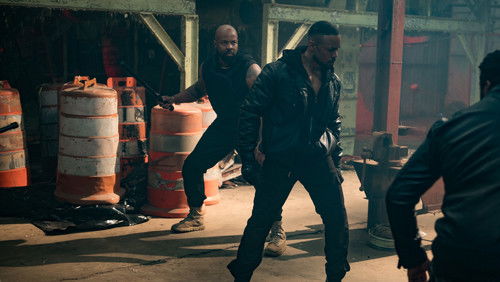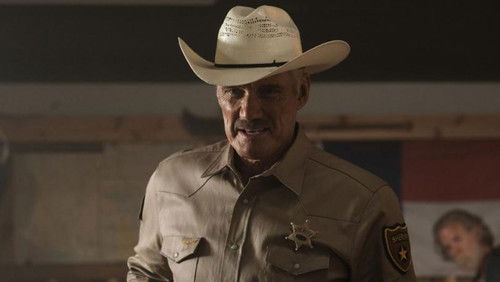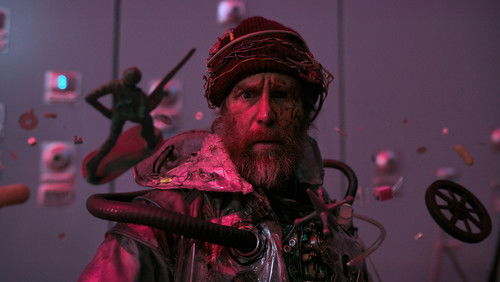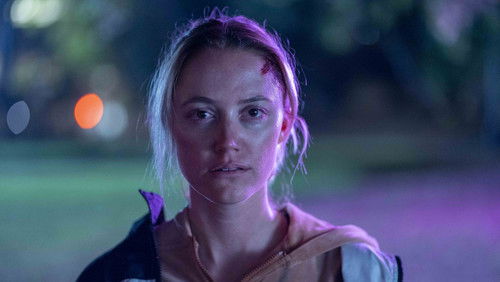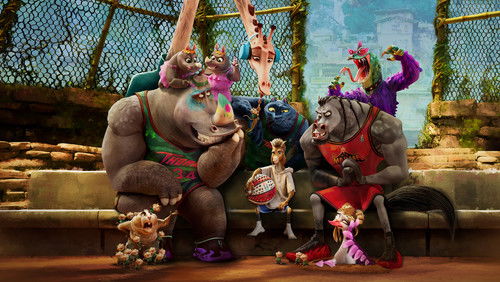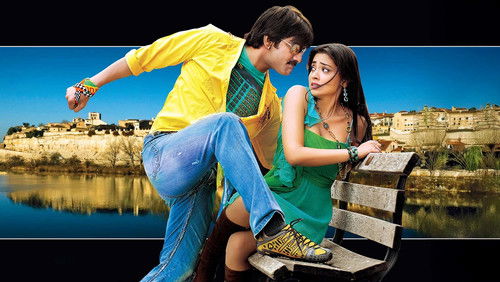Mushuku mono (1964)
43KMushuku mono: Directed by Kenji Misumi. With Raizô Ichikawa, Eiko Taki, Mikiko Tsubouchi, Jun Fujimaki. A wandering yakuza in search for the man responsible for slicing up his father and an amateur samurai searching for the whereabouts of his own father are thrown together on the outskirts of a mob infested seaside village.
“The premise of Homeless Drifter is a rather multifaceted one. We are introduced to two men, a spirited drifter called Ipponmatsu (Raizô Ichikawa) and a rather shabby-looking ronin named Yaichirô Kuroki (Jun Fujimaki). Both these men have just been involved in a gambling parlor robbery. They fend off their pursuers, and just as exhaustion is to spell their doom, a local peasant-girl named Haru (Mikiko Tsubouchi) springs to aid by lending them her horse. Reaching a nearby village, they find it governed by a ruthless gang. Said gang is supposedly exiling farmers that owe them money to a nearby island. Motivated by poverty and hunger, Ipponmatsu puts himself under these criminals employment, though quickly turns turncoat as he finds out that Haruu0026#39;s family is among the many farmers on their debt-list. In another early twist, Ipponmatsu forms strong suspicions that Kurokiu0026#39;s father murdered his own, and may in fact be the hidden mastermind behind the gang, an idea that Kuroki himself fervently denies. The landscape is further complicated by Osei (Eiko Taki), sister of a one of the crimelords, who soon becomes personally involved with Ipponmatsu.u003cbr/u003eu003cbr/u003eAll of this is dropped on us rather jarringly in the opening fifteen minutes. And many more personas and relationships litter the film. Itu0026#39;s by no means terribly handled – yet gives the story a rather scattered feel. The further in the plot goes though, the more focused and engaging the narrative gets. u003cbr/u003eu003cbr/u003eThis minor detriment does not negate the films strongest touch though. Kenji Misumi sure does know how to compose a scene! A whole slew of filmmaking techniques are deployed so to keep the film visually stimulating. Misumi has a lot of fun playing with angles, camera placement, shadowy faces, objects in the foreground, etc. It strongly elevates the film. The swordplay though, is rather standard for chanbara films of this period. u003cbr/u003eu003cbr/u003eThe characters, likewise, are engaging. All the actors do a serviceable job. Raizô Ichikawa plays somewhat of an anti-hero whose strong adherence to his code lands him on the good side. Yet his quest to find his fathers killer is a emotionally heated one – where rage and vindictiveness often breaks his rather suave shell. Fujimaki performs well as the twitchy, cowardly ronin. And Eiko Taki does look prideful and seductive in her role as a woman latched onto possible false idealism.u003cbr/u003eu003cbr/u003eOverall, this is quite a strong entry into the Chanbara-genre, especially due to Misumiu0026#39;s splendid craftsmanship. Nothing genre defining, transcending, or transforming. But certainly an enjoyable watch. Itu0026#39;s a solid 7/10”

